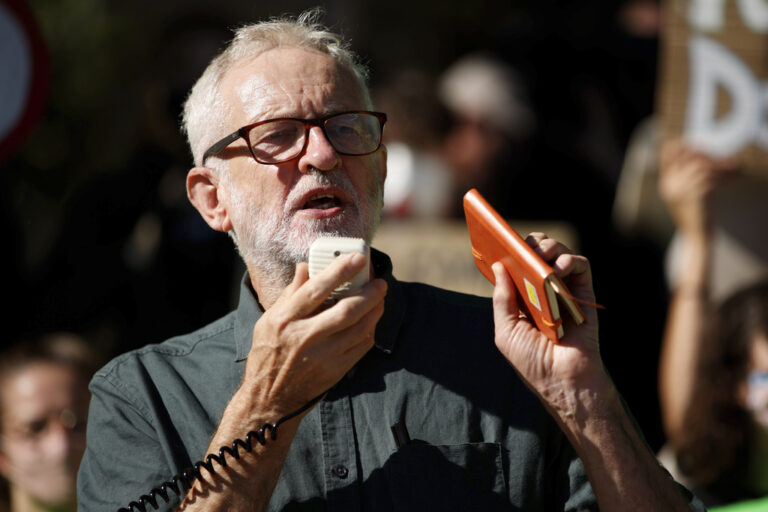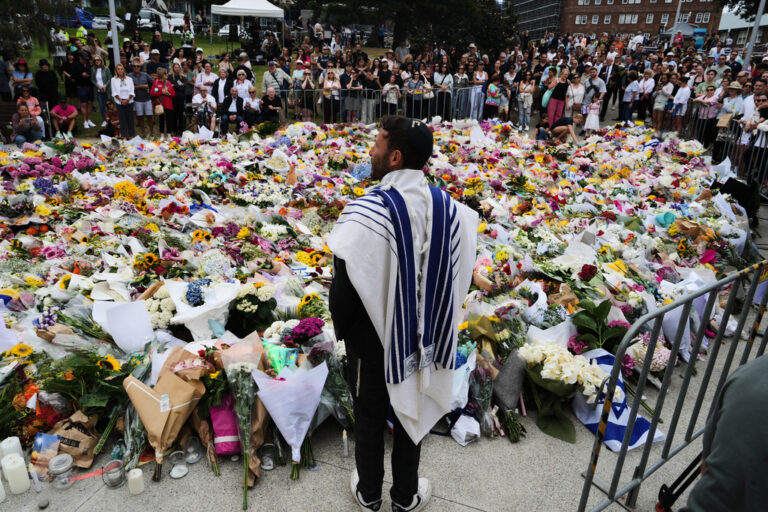 For months, Ted Cruz’s campaign has touted an expensive and sophisticated get-out-the-vote operation as its antidote to Donald Trump’s broad populist appeal.
For months, Ted Cruz’s campaign has touted an expensive and sophisticated get-out-the-vote operation as its antidote to Donald Trump’s broad populist appeal.
It worked for Cruz in Iowa. But Saturday’s South Carolina primary will be a tougher test for the Texas senator, one that could shape the race between the anti-establishment rivals as the GOP contest heads toward delegate-rich March voting states.
Unlike in Iowa, where Trump and Cruz were locked in a tight battle heading into the caucuses, the billionaire businessman has held a big lead in South Carolina for months. At least four times as many Republicans are expected to vote in the first-in-the-South primary as in Iowa, where the tiny electorate and caucus-style contest made campaign organization paramount.
Still, Cruz’s campaign believes it can replicate its data-focused, volunteer-heavy strategy in South Carolina, as well as the flurry of other Southern states that vote in the coming weeks. Some 10,000 Cruz volunteers are blanketing South Carolina, according to the campaign, with another 10,000 at work in Georgia, 8,000 in Tennessee, 7,000 in Oklahoma and a staggering 27,000 in Cruz’s home state of Texas. All are on the docket for the March 1 voting bonanza known as Super Tuesday.
“This is a for-real ground game,” said Rick Tyler, Cruz’s spokesman. “We’re organized and we’ve got money.”
On Wednesday morning, a long line of volunteers spilled out the door of Cruz’s Greenville campaign headquarters. Cruz’s father, Rafael, who has become something of a celebrity among his son’s supporters, was inside greeting volunteers and mingling with staff.
Those sitting down to make phone calls were prepped with talking points about Cruz’s record, emphasizing his conservative credentials. A tip sheet offered pointers about how to sound conversational even when reading from a script and how to not be offended if a voter gets snippy.
Outside, volunteers split into groups of four and hit the road to knock on doors, armed with a smart phone app with information about the voters they’d be trying to speak to.
“We’re the ones that are making the connection, making it more personal,” said Kristi Lisenbee, a 49-year-old from Keller, Texas, who’d just arrived to volunteer for her home state senator.
Beth Avery, an earnest-sounding 32-year-old with a wool American flag scarf wrapped around her neck, was out leading a group of volunteers looking for supporters in a working-class neighborhood in Greenville. A native of Maryland, Avery had already volunteered for Cruz in Iowa and said she was willing to head to another state if needed.
“For the first time, he’s a leader I can really get behind,” Avery said of Cruz.
While Cruz’s legion of volunteers gives the campaign an old-fashioned ethos, they’re backed by a sophisticated and well-funded analytics operation that collects reams of personal information on voters. The data company Cambridge Analytica, which received $3.8 million in payments from the campaign in 2015, has access to the information as well and has helped Cruz’s team narrowly target voters based on specific issues they’re interested in.
Cruz has also been a fundraising juggernaut, allowing his campaign to build out field operations in March voting states ahead of some of his rivals. He ended 2015 with nearly $19 million cash on hand, more than any of his rivals.
Still, South Carolina will be an important test of his organization’s ability to overcome the enthusiasm for Trump.
With a large population of evangelical Christians and tea party supporters, the Republican electorate is a natural fit for the Texas senator who speaks frequently about his faith and has often butted heads with GOP leaders. But Cruz is trailing Trump significantly, according to preference polls, and the race between the two candidates has taken a sharply negative turn.
Cruz also faces a challenge for second place from Marco Rubio, with other more traditional candidates also hoping for a late surge.
Trump has acknowledged that he was caught off guard by the importance of a coordinated get-out-the-vote operation in Iowa, where he finished second behind Cruz. In an interview with The Associated Press shortly after the caucuses, Trump said he’d “never realized” the need to encourage supporters to actually take part in the caucuses.
In South Carolina, however, the first-time candidate has some of the most experienced staff he’s ever hired, some of whom have been in place for months. Trump has four offices across the state, including a sprawling complex on downtown Greenville’s picturesque main retail drag. State Director James Merrill said the campaign expected to have 250 volunteers in each of the state’s four regions in the final days before the primary.
Trump’s campaign has boasted of its own robust voter database that exceeds 100,000 South Carolina supporters. Advisers say the information is culled mostly from online registrations the campaign requires for tickets to Trump’s massive rallies.
(AP)










